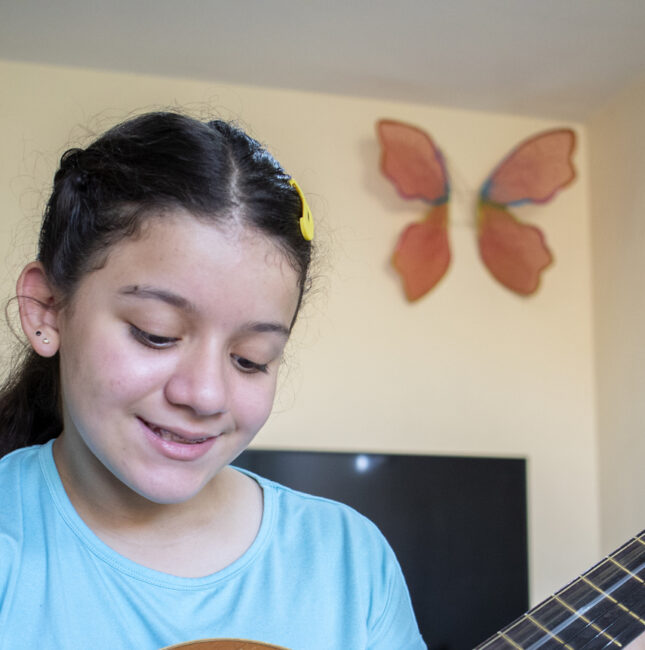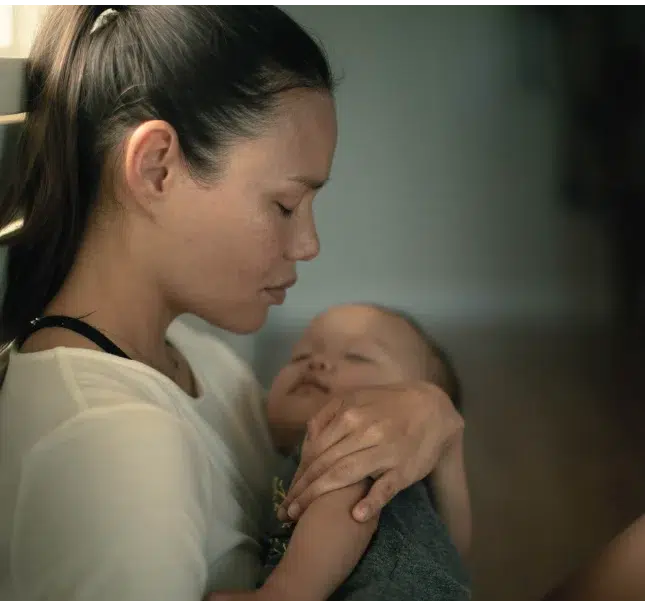Six tips for new parents
September 18, 2019
Bringing a new baby home can be an exciting but scary time, especially if you’re a brand new parent. However, you’re not alone. We’ve put together a list of parenting tips that you can incorporate into your routine to make the transition to parenting easier.
Tip One – Consistently Interact With Your Child
Having a consistent and loving bond with your child from the moment you bring them home helps them grow up happy, healthy and confident. While you will interact with your child almost constantly when you first bring them home with you, you want to continue this pattern as they grow. According to Child Support Australia, simply being happy to see your child and taking a few minutes to catch up on daily activities are beneficial.
Tip Two – Feed a Healthy Diet
No matter if you breastfeed or bottlefeed your child, you want to feed them healthier choices from the time they start on solids. By nature, breast milk is very sweet. You can balance this out with more bland foods. Homemade baby food is best because you can directly control the sugar amounts. You can freeze it for up to 30 days. Feeding your baby healthier foods when they’re younger trains them to make healthier choices later in their lives.
Tip Three – Set up a Sleep Schedule Early
For the first few months, your baby will sleep the majority of the time. For up to the first year, your baby can sleep up to 13 hours a day. By the time your baby hits six months old, you want to start getting a daytime and bedtime routine in place. This will help to align your baby’s sleep pattern more with your natural sleep pattern.
Also, continue this pattern as your child grows (including weekends). They should get 11 to 14 hours (naps included) when they’re 12 and 24 months, 10 to 13 hours when they’re 3 to 5 years old, and 9 to 12 hours when they’re 6 to 12 years old.
Tip Four – Read to Your Child
Research from the Melbourne Institute of Applied Economic and Social Research shows that parents who consistently read to their children several times a week have kids who have better reading comprehension. Reading to your child five or six times a week can put them as far ahead as a year when it comes to development, and this includes both reading and math skills. Additionally, reading to them also helps to build their verbal and reasoning skills, and this can translate to other areas of their lives.
Tip Five – Offer Choices
One excellent way to foster independence in your child is to offer choices as soon as your child is old enough to pick. This could be something as simple as asking which outfit you child would like to wear out of two choices, giving them a chance to pick a piece of fruit, or even offering a choice of reward for a job well done. As they get older, you can start offering them more and more choices.
Tip Six – Encourage Social Interaction
From a very young age, you want to encourage good social interaction for your child. This could be something as simple as getting together with a mummy group that has very young kids when your child is very young. Take them to the park to interact with kids their own age, have play dates once a week or consider enrolling your child in activities with other kids. Not only will this help them learn social skills, but it’s necessary for healthy development.
At CatholicCare, we offer a range of parenting programs. Many of the courses are segmented by age of child to help you pick those that would best meet your needs. We’ll give you tips, tricks and suggestions to help you parent. Contact us for more information on (02) 9481 2600 or email info@catholiccaredbb.org.au. You can also check out our brochures here.
More news stories like this one
Changing lives through literature
Many of us take it for granted that our kids will grow up learning to read and write, yet for many children throughout Australia, this is not the case. Lack of education and early literacy can affect children throughout their lives and lead to psychological damage, poor health, fewer job opportunities and lower incomes.
Read MoreBuilding a support network makes all the difference for Julia
It was May 2022, and Julia’s whole body went numb as she sat in a hospital room with her 14 year old daughter, Anna. They'd been discharged from the hospital, but they had nowhere to go.
Read MoreThe importance of post natal mental health
Parenthood can be an extremely emotional time for everyone as it brings immense change. It can be both joyous and...
Read More


